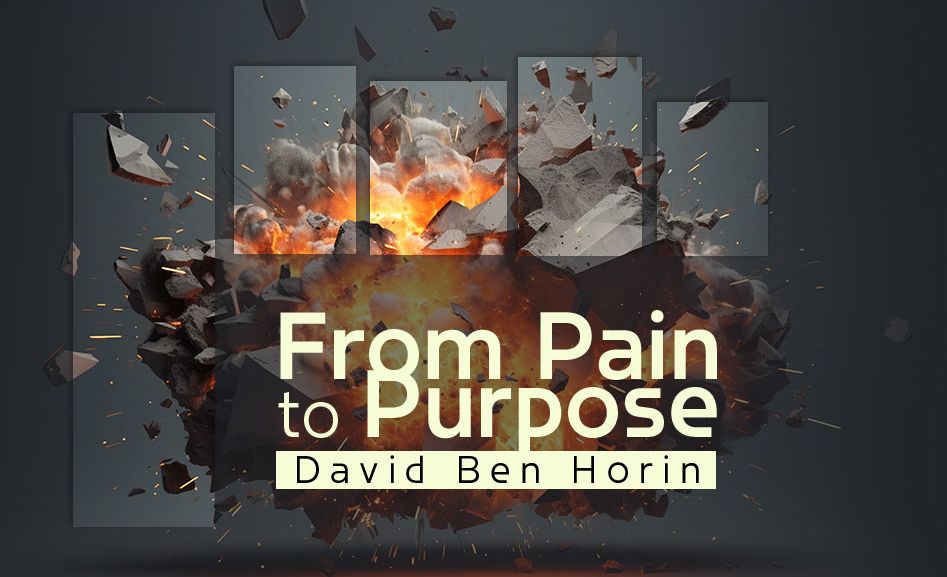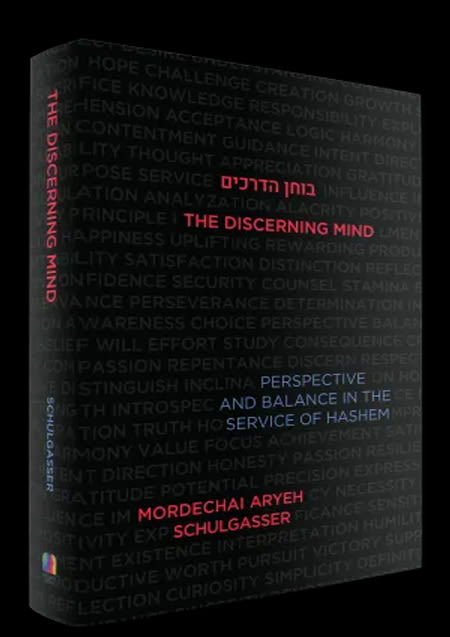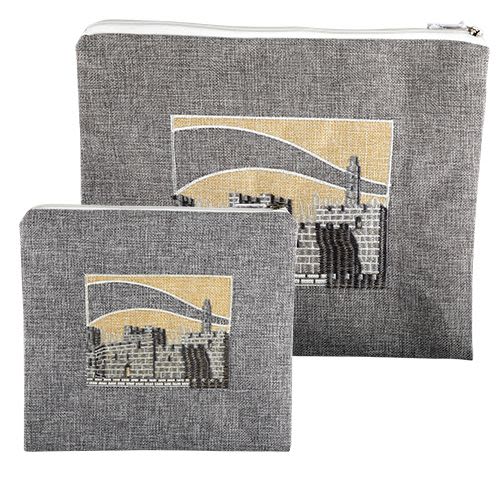
The Greatest Director
When Tzvi Fischman realized the unbelievable miracles that were happening in his life, he came to the conclusion that there’s a much greater director than Spielberg…

translated by Esther Cameron
Part 3 of “The Greatest Director of All”
The first thing he did was to leave Hollywood. He sold all his possessions and went to live in New York, because he thought that it was a more Jewish city. In New York, while he was still weak with his illness, his uncle asked him to accompany him to his appointment for cataract surgery. Tzvi stood outside the  operating room and for three quarters of an hour repeated with great concentration one sentence: “God, please give a complete healing to my uncle! God, please give a complete healing to my uncle!…”
operating room and for three quarters of an hour repeated with great concentration one sentence: “God, please give a complete healing to my uncle! God, please give a complete healing to my uncle!…”
 operating room and for three quarters of an hour repeated with great concentration one sentence: “God, please give a complete healing to my uncle! God, please give a complete healing to my uncle!…”
operating room and for three quarters of an hour repeated with great concentration one sentence: “God, please give a complete healing to my uncle! God, please give a complete healing to my uncle!…”When he returned to his apartment, he had stopped bleeding! It was over for good. Tzvi, who of course did not know that whoever prays for his fellow-man is answered first, was in complete shock. He felt that God had put His figure on his stomach and had simply pushed the disease away. His doctors could not understand how the illness could have disappeared in an instant without medication. Before going to sleep that night Tzvi asked God: “Why did You work this miracle for me? Is it in order that I should write stories about Jews for a Jewish newspaper in America? Or perhaps You want me to go to Israel? Give me a sign so that I may know what You want of me…”
In the morning he found in the mailbox outside his house a travel brochure with pictures of Jerusalem and the Western Wall. The title: “Jerusalem — the city of my choice.” Tzvi had never before received anything in the mail from any Jewish organization whatever. He said to himself: “There is a greater director than Steven Spielberg! God saw to it in advance, before I asked a sign from Him, that someone would send me this pamphlet beforehand, so that it would arrive exactly at this moment!”
That very same day he went to a travel agency and bought a ticket for Israel.
When Tzvi arrived in the holy land of Israel and the holy city of Jerusalem, the wonderful calm that he had felt in the dream with the Hebrew books returned to him. He prayed every day at the Western Wall. There he met Rabbi Schuster, who invited him again and again to study in a yeshiva. Tzvi, who did not yet know Hebrew, preferred to visit the holy places. He felt that he had returned home, but he did not know how to step inside, how to take his place in the life of the country.
After a certain time he returned to New York and began studying Hebrew in an ulpan, or language school, run by the Jewish Agency. Then the war in Lebanon broke out. At the beginning of the war two emissaries from the Merkaz Harav, Rabbi Yehuda Chazani and Meir Eindor, came to New York and visited the ulpans, looking for young Jews who would work in the settlements and assist in the IDF camps while the enlisted men were fighting in Lebanon. They printed a telephone number in the newsletters, the number of a Jewish newspaper — the “Jewish Press.” Rabbi Chazani asked Zvi what he was doing with his life. When Zvi told him about his work as a scriptwriter, the rabbi asked him to head the office and to answer calls from volunteers.
In those days he had some sort of spiritual connection with God, but he was still very far from studying Torah and keeping mitzvot. The meeting with Rabbi Chazani opened the door to the way he was seeking. He had met a rabbi with love for the land of Israel, love for the people Israel, and – above all – love for every Jew. The rabbi would listen to the news every day to find out what was happening in Lebanon. When he heard that soldiers had been killed he would sob, and when he heard of a victory he would be very joyful. Tzvi admired the devotion with which the rabbi worked day and night for the people Israel, and so he bent his own shoulder to the task of recruiting volunteers.
The date of the flight approached. 500 Jews had already signed up, and Tzvi wanted to go with them. Rabbi Chazani told him that his activity in the office in New York was more important than any work that he could do in Israel, and asked him to continue his successful work and to recruit more volunteers.
Tzvi, having no choice, accepted the rabbi’s decision and continued to fill flights. Each time he would ask to be allowed to join the flight, and each time Rabbi Chazani would refuse. After two years in which he had recruited about 10,000 people, he felt that he was no longer capable of remaining in America, no longer capable of breathing. He was sick of it. He told the rabbi that he had to leave, and flew to Israel.
When he arrived, Rabbi Chazani took him to Makhon Meir in Jerusalem and said to the principal, Rabbi Begon: “See that this Jew sits in study hall for a full year! Don’t let him run away…”
When Tzvi sat and learned in Makhon Meir, the calm of the dream with the books returned to him still more strongly. He studied and received a lot, and after a certain time he wanted to give, that is to write. He asked the advice of Rabbi Aviner, who said to him: “You are still immature. Go on studying Torah as long as you can, till you have laid a solid Torah foundation for yourself. But it’s clear that in the end you must write!” And he also said to him: “We are forbidden to send a yeshiva student to Hollywood to learn how to make films, for he would certainly become corrupted, but what you went through there is in the spirit of God’s promise to Israel in Egypt “and you will go out with great wealth.” Go on studying, and meanwhile write a little bit every day, so that you won’t forget the writer’s trade.”
Later Tzvi got to know Yafa who was learning in Makhon Orah, and they married and brought seven children into the world. Today Tzvi writes books and film scripts, produces and directs films and tries to connect the words and the images to that which is beyond all conception.












Tell us what you think!
Thank you for your comment!
It will be published after approval by the Editor.